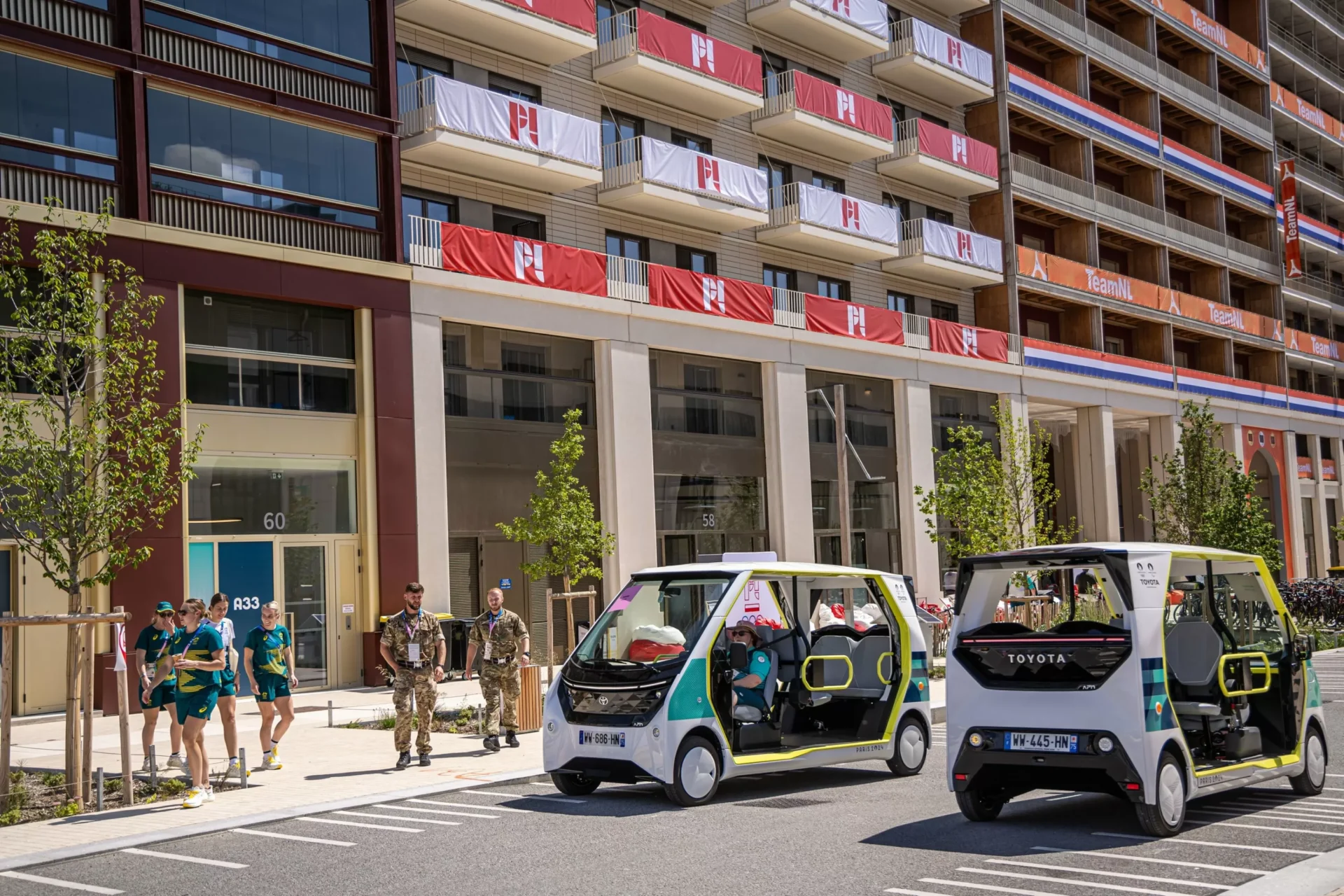Workers in the French car industry are facing an uncertain future as France moves towards its goal of phasing out new combustion engine cars by 2035. This ambitious plan, announced by President Emmanuel Macron, aims to reduce carbon emissions and combat climate change. However, this transition has left many workers in the industry worried about their job security and the overall impact on the economy.
The French car industry has been a major contributor to the country’s economy for decades, providing employment to thousands of people and generating significant revenue. It has also been a source of national pride, with iconic brands such as Peugeot, Renault, and Citroen known worldwide. However, with the rise of electric vehicles and the increasing pressure to reduce carbon emissions, the industry is now facing a major shift.
One of the main concerns for workers in the French car industry is the potential job losses that may result from the phasing out of combustion engine cars. With the current technology and infrastructure, it is not feasible for all car manufacturers to switch to producing only electric vehicles by 2035. This means that some companies may have to downsize or even shut down, leading to unemployment for many workers.
Moreover, the transition to electric vehicles also requires a different set of skills and expertise, which may leave many workers in the industry struggling to adapt. This is especially true for older workers who may find it challenging to learn new skills and technologies. The fear of being left behind or becoming obsolete is a significant concern for many employees.
However, despite these valid concerns, there is also a sense of optimism and determination among workers in the French car industry. The government has promised to provide support and assistance to the industry during this transition period. This includes financial aid for companies to invest in new technologies and retrain their workers for the production of electric vehicles.
In addition, the French car industry has already started taking steps towards a greener future. Many companies have already begun investing in electric and hybrid vehicle production, which has created new job opportunities in the sector. This shows that the industry is willing to adapt and evolve to meet the changing demands of the market.
Furthermore, the shift towards electric vehicles presents an opportunity for the French car industry to lead the way in innovation and sustainability. With the government’s support and investment, the industry has the potential to become a global leader in the production of electric vehicles. This will not only secure the future of the industry but also create new job opportunities and boost the economy.
Moreover, the phasing out of combustion engine cars is not just a challenge for the French car industry, but a global one. Many countries, including the UK and Germany, have also set similar goals to ban the sale of new petrol and diesel cars in the coming years. This presents an opportunity for collaboration and knowledge-sharing among car manufacturers, which can lead to further advancements in the industry.
In conclusion, while the 2035 deadline to phase out new combustion engine cars may be a cause for concern for workers in the French car industry, it is also a chance for growth and progress. The government’s support and the industry’s willingness to adapt and innovate will play a crucial role in ensuring a smooth transition. With the right strategies and investments, the French car industry has the potential to emerge stronger and more sustainable, providing a brighter future for both the industry and its workers.

